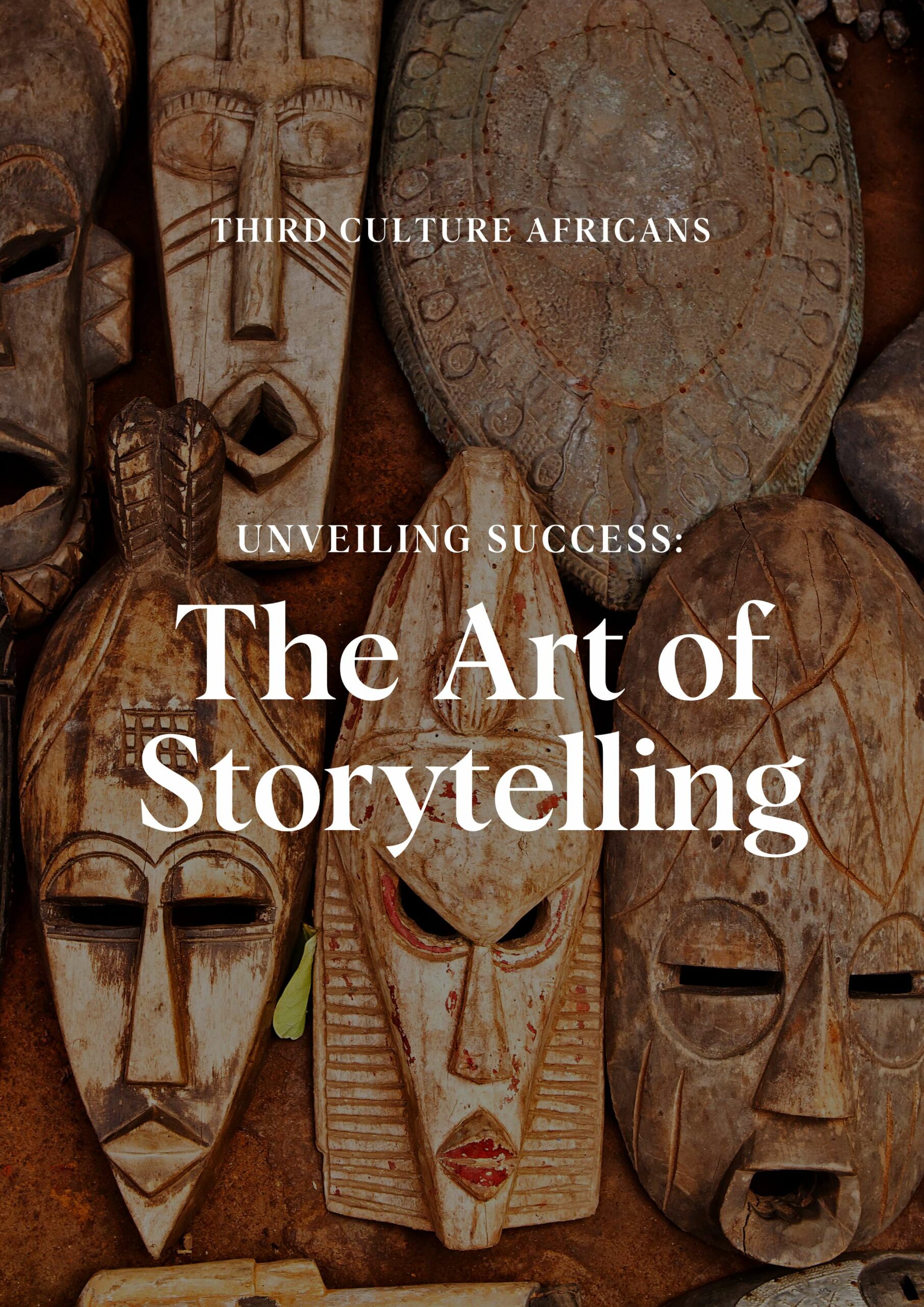In the realm of personal development, reflection emerges as a pivotal mechanism for self-discovery, guiding individuals toward deeper self-awareness and understanding. This article, “The Role of Reflection in Self-Discovery: A Critical Examination,” seeks to dissect the multifaceted relationship between introspective practices and the journey of uncovering one’s true identity.
It posits that reflection, whether through journaling, meditation, or contemplative dialogue, serves as a catalyst for meaningful insights and transformative growth. By engaging in reflective processes, individuals confront their beliefs, emotions, and experiences, allowing them to unravel underlying motivations and patterns of behavior.
The examination will draw upon psychological theories and empirical research that highlight the significance of reflection in fostering emotional intelligence and resilience. Furthermore, it will critically evaluate potential pitfalls of reflection, such as ruminative thinking, that may hinder rather than facilitate self-discovery.
Through this nuanced exploration, the article aims to illuminate the essential role of reflection in navigating the complexities of personal identity and to provide a framework for individuals seeking to harness the power of introspection in their own lives. Ultimately, this examination will contribute to a broader understanding of how reflection can lead to profound personal revelations and growth.
- Understanding Reflection’s Impact on Identity Formation
Reflection plays a pivotal role in the process of identity formation, serving as a mechanism through which individuals can examine and reinterpret their experiences. By engaging in reflective practices, individuals create a space for introspection, allowing them to critically assess their values, beliefs, and social influences.
This process not only fosters a deeper understanding of oneself but also facilitates the integration of personal experiences into a coherent self-narrative. As individuals reassess past events and their reactions to them, they may uncover underlying motivations and emotional responses that shape their current identity.
Moreover, reflection encourages the exploration of multiple aspects of identity, including cultural, social, and personal dimensions. Through this exploration, individuals can identify the interplay between external influences—such as societal norms and familial expectations—and their internal beliefs and aspirations.
This dynamic interaction highlights the fluidity of identity, as reflection enables individuals to adapt and evolve in response to new insights and changing circumstances. Ultimately, the impact of reflection on identity formation underscores its significance as a transformative tool, promoting a continuous journey of self-discovery and growth.
Effective reflection is often impeded by several challenges that can hinder the depth and quality of introspective practices.
- Analyzing Reflection in Personal Growth Processes
The examination of reflection within personal growth processes reveals its significance in fostering transformative change. By critically engaging with their thoughts and experiences, individuals can identify patterns of behavior and thought processes that may have previously gone unchallenged.
This critical analysis enables a deeper understanding of how past experiences have shaped current behaviors and decisions. Furthermore, it allows individuals to confront cognitive dissonance, leading to a re-evaluation of their beliefs and ultimately facilitating personal growth.
As individuals identify discrepancies between their lived experiences and personal aspirations, they are often motivated to adopt new strategies for self-improvement and development.
In addition, the process of reflection encourages individuals to set specific, achievable goals rooted in their newfound understanding. By integrating insights gained through reflection into actionable plans, individuals can navigate their growth journeys with greater clarity and purpose.
This alignment between self-reflection and goal-setting not only enhances motivation but also promotes resilience against setbacks, as individuals develop a more nuanced understanding of their strengths and areas for growth. Consequently, the iterative nature of reflection serves as a cornerstone in personal growth, guiding individuals toward a more authentic and fulfilling self-conception.
- Theoretical Frameworks Supporting Reflective Practices
The application of various theoretical frameworks provides a robust foundation for understanding reflective practices and their role in self-discovery. Prominent models such as Kolb’s Experiential Learning Theory emphasize the cyclical nature of learning through experience, suggesting that reflection is a crucial step in the learning process.
This framework posits that individuals engage in a continuous loop of concrete experience, reflective observation, abstract conceptualization, and active experimentation, thereby fostering deeper insights into their behaviors and motivations.
The integration of such frameworks enables individuals to systematically analyze their experiences, leading to enhanced self-awareness and the ability to make informed decisions regarding personal and professional development.
Moreover, Schön’s Reflective Practice theory contributes significantly to this discourse by highlighting the importance of reflection in professional contexts. Schön distinguishes between reflection-in-action and reflection-on-action, encouraging practitioners to reflect not only on their experiences after they occur but also to engage in real-time reflection during the action itself.
This dual approach aids individuals in navigating complex situations and adapting their strategies as they learn from immediate feedback. By employing these theoretical lenses, individuals can better comprehend the mechanisms through which reflective practices facilitate self-discovery, ultimately leading to more intentional and transformative personal growth.

Check out this episode!
- Challenges Associated with Effective Reflection
Effective reflection is often impeded by several challenges that can hinder the depth and quality of introspective practices. One significant obstacle involves cognitive biases that may distort an individual’s perception of experiences, leading to an incomplete or skewed understanding of events.
For instance, confirmation bias can prompt a person to focus solely on information that supports their preexisting beliefs, while disregarding contradictory evidence. Additionally, emotional responses can cloud judgment; negative experiences may evoke feelings of shame or fear, which can inhibit open and honest reflection.
The interplay of these biases not only affects the accuracy of self-assessments but can also stall the progression toward meaningful self-discovery.
Moreover, the context in which reflection occurs can further complicate the process. Time constraints and external pressures often prevent individuals from engaging in thorough reflective practices, resulting in surface-level analysis rather than deep contemplation.
In professional settings, the fast-paced nature of work environments may discourage moments of pause and critical thinking, leading to a cycle of reactive rather than proactive engagement with one’s experiences.
Furthermore, a lack of guidance or structured frameworks can leave individuals feeling overwhelmed, thus diminishing their ability to derive valuable insights from reflective practices. These factors collectively contribute to the complexities associated with effective reflection, underscoring the need for intentional strategies to facilitate deeper self-exploration.
- Strategies for Enhancing Reflective Self-Discovery
To enhance reflective self-discovery, individuals may benefit from the implementation of structured strategies that promote deeper engagement with their thoughts and experiences. One effective approach is the use of guided journaling, where prompts encourage individuals to explore their feelings, beliefs, and reactions in relation to specific events.
This method not only provides a safe space for expression but also facilitates the identification of patterns and themes that may emerge over time. Furthermore, engaging in regular discussions with trusted peers or mentors can offer diverse perspectives, challenging personal biases and expanding the scope of reflection.
Incorporating mindfulness practices into the reflective process can also prove advantageous. Techniques such as meditation or mindful breathing can create a conducive mental environment that fosters clarity and reduces emotional turbulence.
By cultivating present-moment awareness, individuals can approach their reflections with a greater sense of calm and openness, allowing for a more nuanced understanding of their experiences.
Collectively, these strategies not only mitigate the obstacles to effective reflection but also enrich the journey of self-discovery, empowering individuals to develop a more comprehensive and authentic sense of self.
In conclusion, the critical examination of reflection in the context of self-discovery reveals its profound significance in facilitating personal growth and understanding. Through continuous engagement in reflective practices, individuals are afforded the opportunity to analyze their thoughts, emotions, and experiences, leading to deeper insights into their identities and values.
This process not only enhances self-awareness but also fosters a more nuanced perspective on one’s place within broader societal and relational frameworks. As the complexities of human experience continue to evolve, the role of reflection remains pivotal, serving as a catalyst for ongoing self-exploration and transformation.
Ultimately, recognizing and harnessing the power of reflection is essential for anyone seeking to navigate the intricate journey of self-discovery.


